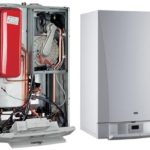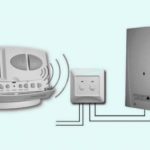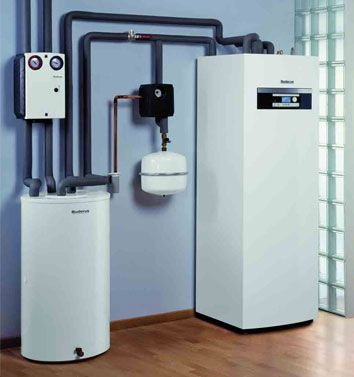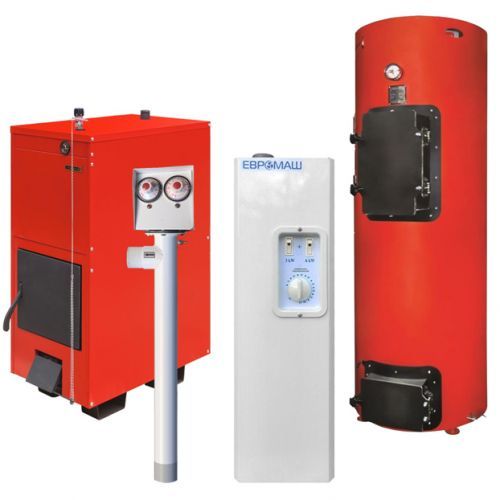Which stabilizer is best for a gas boiler?
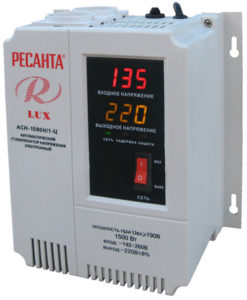 Nowadays, fortunately, there are no problems with choosing this device. On the contrary, the range is diverse and wide. But this fact raises a small problem - which one should you choose? In this article we will try to figure out which device to buy for what purpose.
Nowadays, fortunately, there are no problems with choosing this device. On the contrary, the range is diverse and wide. But this fact raises a small problem - which one should you choose? In this article we will try to figure out which device to buy for what purpose.
The content of the article
Why do you need a voltage stabilizer for a gas boiler?
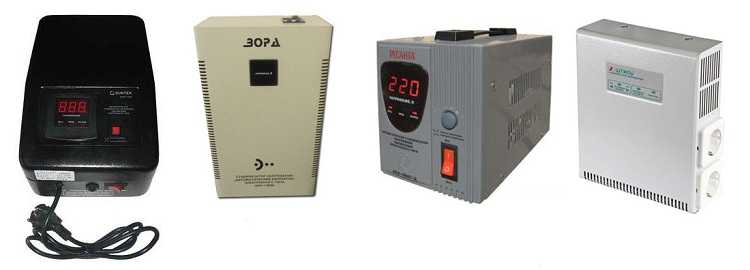
Of course, you need to understand why it is worth buying a unit. Modern models easily overcome periodic fluctuations in the voltage network. This ensures protection of the boiler, especially during significant surges. If installation is not carried out on time and interruptions occur, critical consequences are possible. For example, the breakdown of an entire structure. And since it is gas, this is a consequence of poisoning due to natural or carbon monoxide. In addition, there is a high probability of an explosion or fire. As a result, we can conclude that the stabilizer guarantees safe operation.
Review of voltage stabilizers
Let's look at the main structures that are in great demand among buyers in the market.
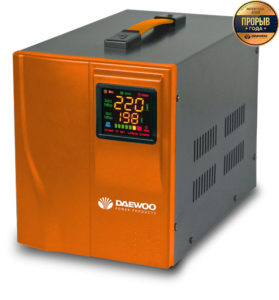 DAEWOO POWER PRODUCTS. It is a budget option whose price perfectly matches the quality.It is equipped with a high efficiency, namely 95 percent. Don’t forget about the fairly decent power - one kW - and a wide range of differences - from 140 to 270 V. In addition to the above, the device is equipped with protection against overheating and interference. As for appearance, it is a compact unit that does not take up much space.
DAEWOO POWER PRODUCTS. It is a budget option whose price perfectly matches the quality.It is equipped with a high efficiency, namely 95 percent. Don’t forget about the fairly decent power - one kW - and a wide range of differences - from 140 to 270 V. In addition to the above, the device is equipped with protection against overheating and interference. As for appearance, it is a compact unit that does not take up much space.
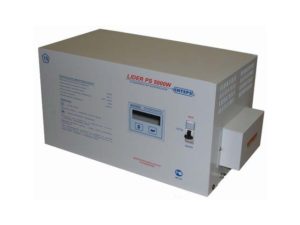 LIDER is a brand popular due to its high power ratings - 30,000 VA. The voltage range is from 150 to 265 V. Users of this device give excellent feedback and emphasize its silent operation. However, for such a wide range of advantages you will have to pay a considerable sum of money.
LIDER is a brand popular due to its high power ratings - 30,000 VA. The voltage range is from 150 to 265 V. Users of this device give excellent feedback and emphasize its silent operation. However, for such a wide range of advantages you will have to pay a considerable sum of money.
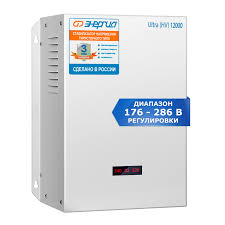 ENERGY. It differs from many manufacturers in that it is made by local enterprises. An electronic stabilization system is provided, the level of which is 5%. And the reaction speed to jumps is 20 m/s.
ENERGY. It differs from many manufacturers in that it is made by local enterprises. An electronic stabilization system is provided, the level of which is 5%. And the reaction speed to jumps is 20 m/s.
What 220V voltage stabilizer is needed for a gas boiler
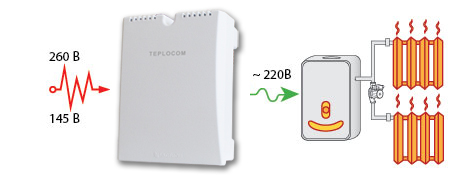 Before starting the boiler, it is recommended to purchase a design that would protect the boiler and extend its service life. Typically, a boiler’s power consumption is estimated at two hundred to three hundred W, therefore, the structure should have a used indicator in the range of four hundred W. However, some people often play it safe and buy the most powerful models. And there's nothing wrong with that.
Before starting the boiler, it is recommended to purchase a design that would protect the boiler and extend its service life. Typically, a boiler’s power consumption is estimated at two hundred to three hundred W, therefore, the structure should have a used indicator in the range of four hundred W. However, some people often play it safe and buy the most powerful models. And there's nothing wrong with that.
How to choose a stabilizer for a heating boiler
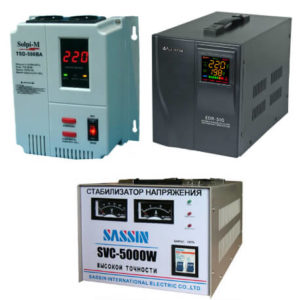 It is advisable to approach this issue with serious intentions, since the effectiveness of your work will depend on it.
It is advisable to approach this issue with serious intentions, since the effectiveness of your work will depend on it.
- Pay attention to the power of the device. If it is higher, then such a purchase can be considered unreasonable. This is because the full load will not be provided.In the case when a smaller indicator is selected, the opposite of the previous situation is formed - overload. For the most accurate calculation, you should add 30% to the boiler power that it consumes.
- The design must be designed for optimal performance. To calculate it, you need to decide on the following indicators: time and speed. The first of them shows how many milliseconds it will take the unit to react to the signal. The second is how long it will take for the voltage correction to occur.
- The accuracy of maintaining the exit tear must be at least five percent. This will be enough for complete protection.
- Consider personal preference when choosing a location: on the floor or on the wall. The connection method will depend on this.
- Think about the mounting in advance.
Which stabilizer is best for a gas heating boiler?
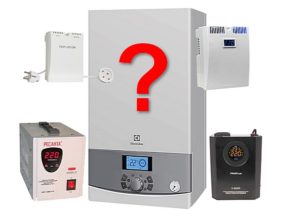 First you need to select a type. They are relay, electronic and electromechanical. In the first and second options there are from 4 to 20 autotransformer windings. It is thanks to them that the tension is equalized. As for accuracy, for the first it is from 5 to 8%, and for the second it is from 2 to 3%.
First you need to select a type. They are relay, electronic and electromechanical. In the first and second options there are from 4 to 20 autotransformer windings. It is thanks to them that the tension is equalized. As for accuracy, for the first it is from 5 to 8%, and for the second it is from 2 to 3%.
But it is worth remembering that the heating is gas, this means the highest stability, even with a smaller run-up. Therefore, only electronic ones are suitable. Their run-up is compared to 214–226 V. In addition, during operation you will not notice characteristic noises. The cost of such a device is high, but justified. It varies from 2500 rubles to 6000. The latest model represents a completely different principle of operation. And it is prohibited to place them next to gas appliances in the same room due to possible sparks.

